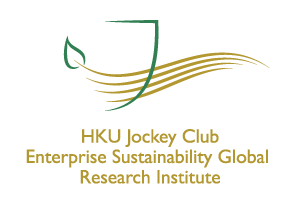
HKU Jockey Club Enterprise Sustainability Global Research Institute
World-Class Hub for Sustainability
Roundtable Reflections
Bridging Gaps, Building the Futures:
Modern Governance and Evidence-Based Strategies for Hong Kong’s Philanthropic Sector
Bridging Gaps, Building the Futures:
Modern Governance and Evidence-Based Strategies for Hong Kong’s Philanthropic Sector
Hong Kong has a rich history of philanthropy, with non-governmental organizations (NGOs) playing a vital role in addressing environmental protection, social welfare, and community needs. However, as these needs become more diverse and specialized, the sector faces growing challenges. NGOs must now meet higher donor expectations for accountability, while improving both service delivery and impact measurement.
While the sector has demonstrated measurable progress in recent years, persistent structural limitations continue to affect its development trajectory: inconsistent disclosure standards, suboptimal governance mechanisms, uneven distribution of professional training resources, and underdeveloped impact measurement frameworks. These challenges somewhat constrain the sector’s sustainable development.
To address these challenges, our institute organized a closed-door roundtable discussion on August 15th that assembled distinguished academics, seasoned non-profit executives and practitioners with extensive field experience. Through candid conversations, participants examined how innovative governance approaches and robust impact measurement could help Hong Kong’s philanthropic sector – and those across Asia – become more transparent, efficient, and impactful.
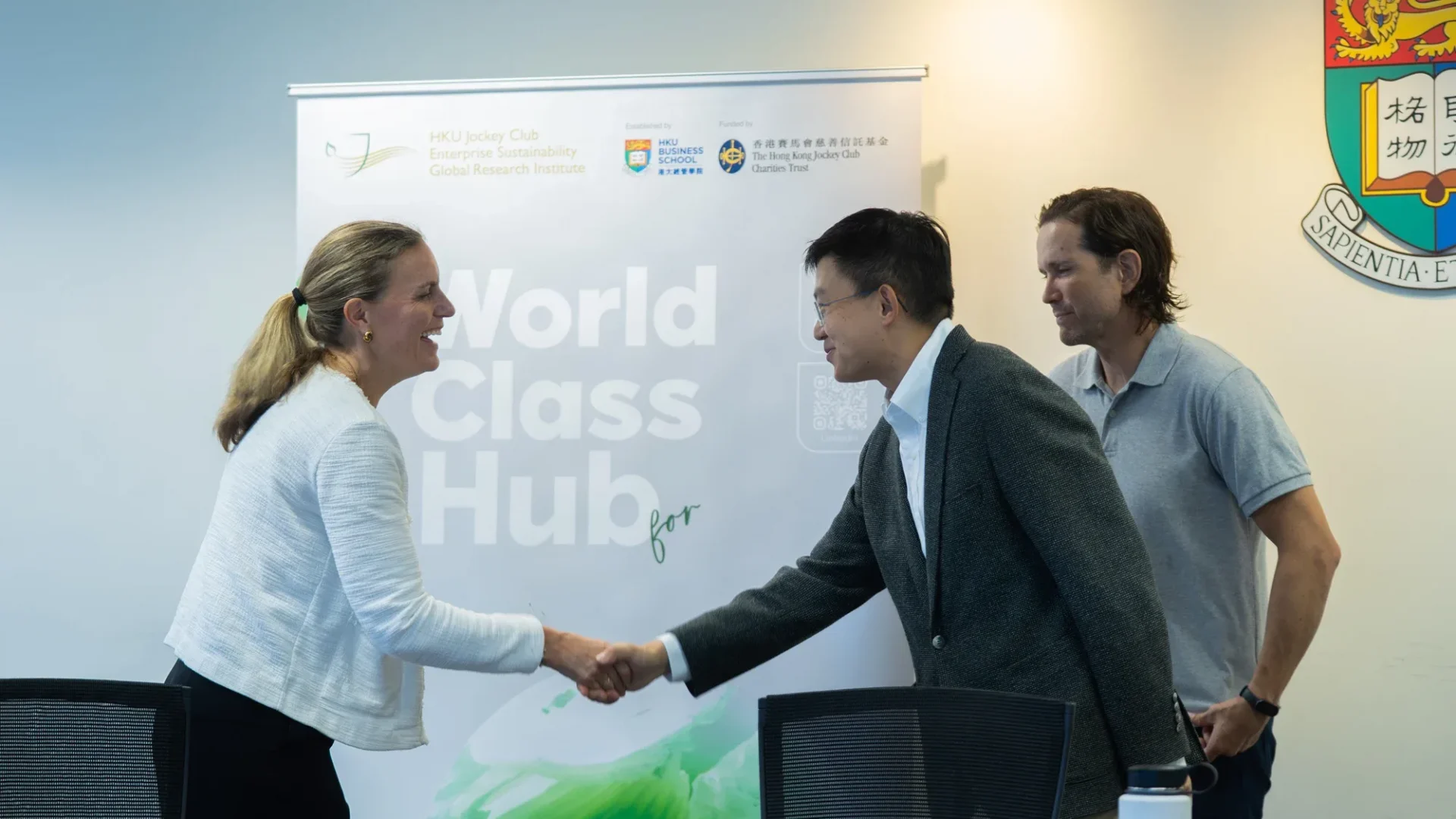
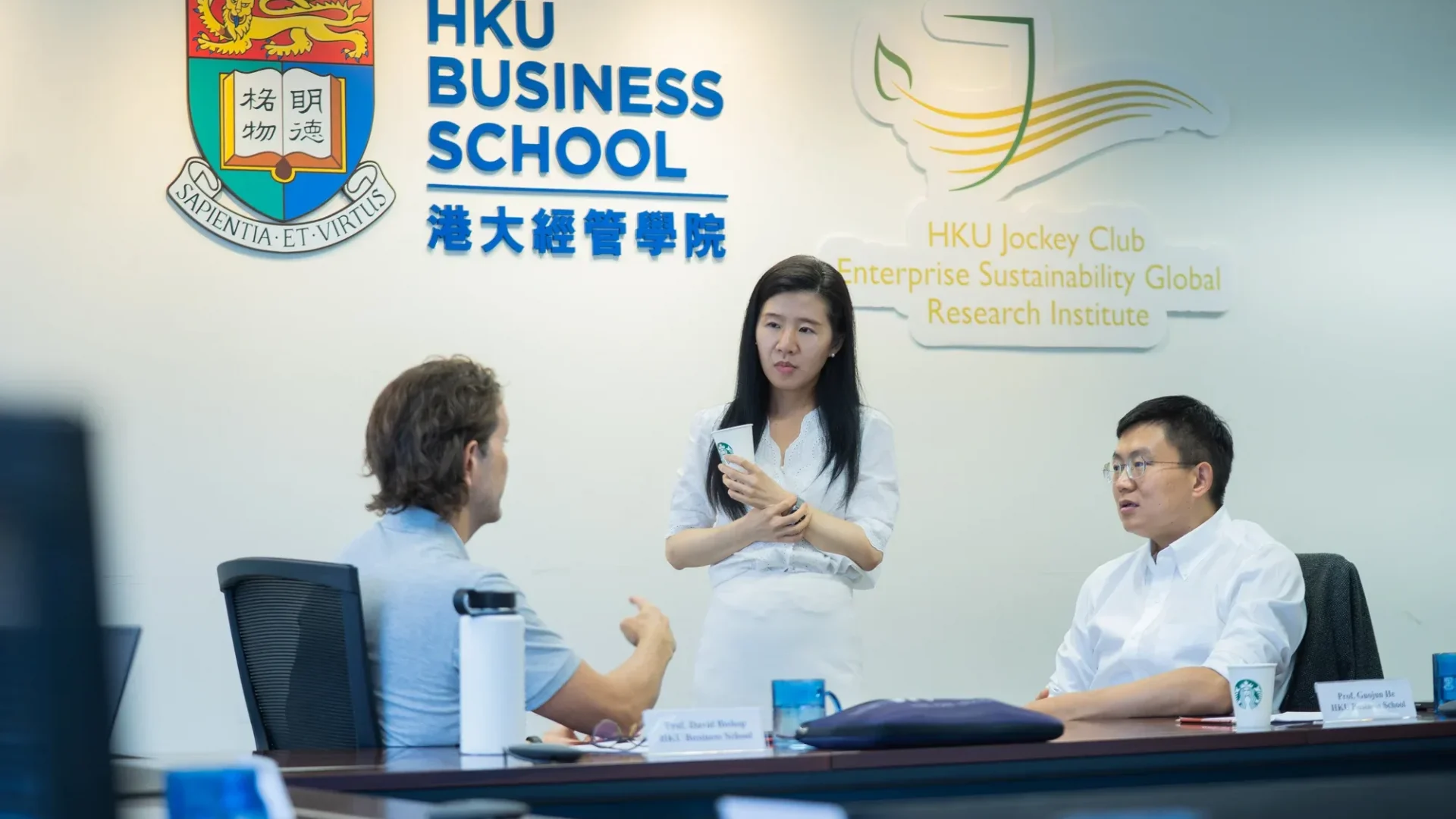
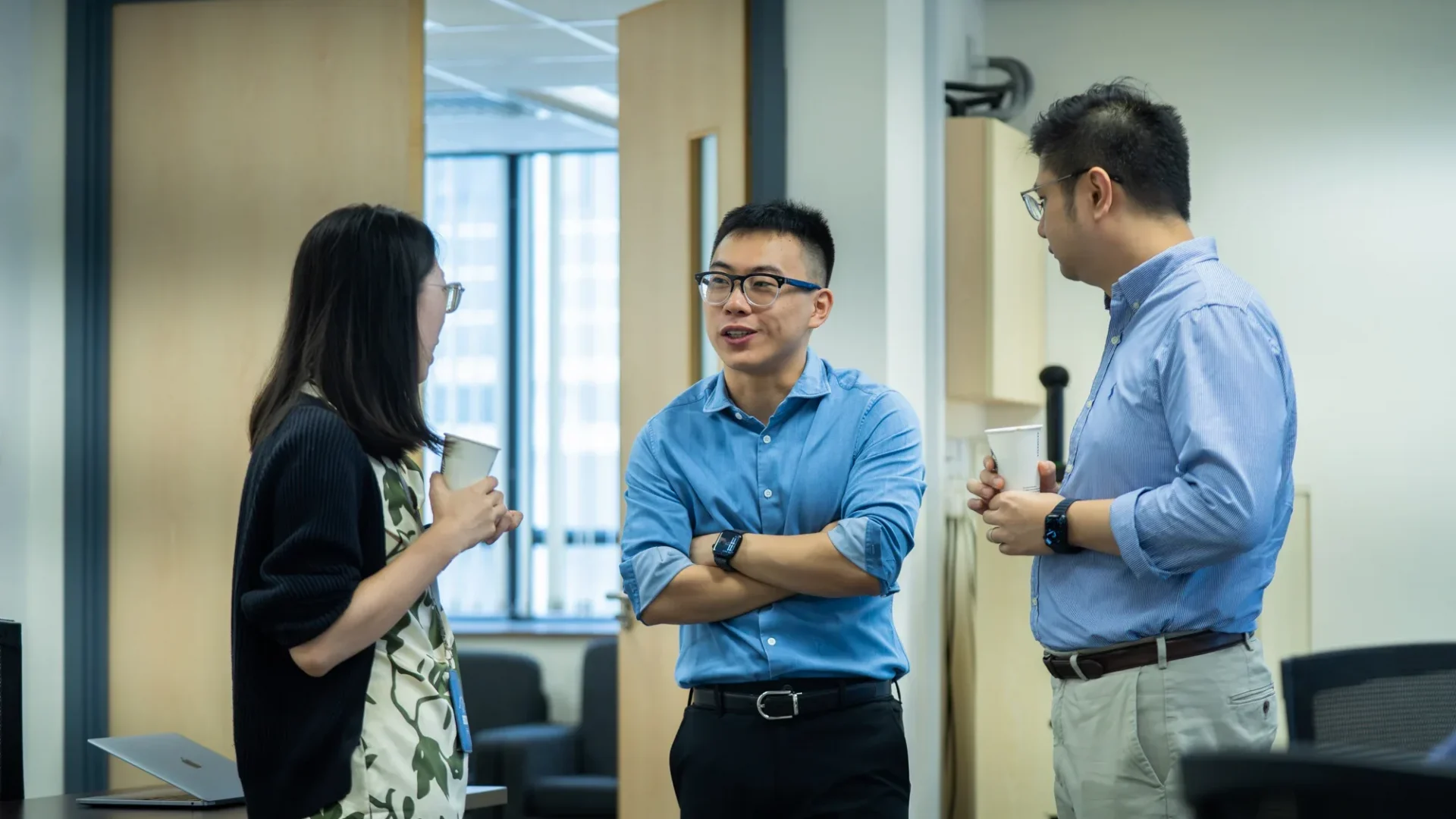
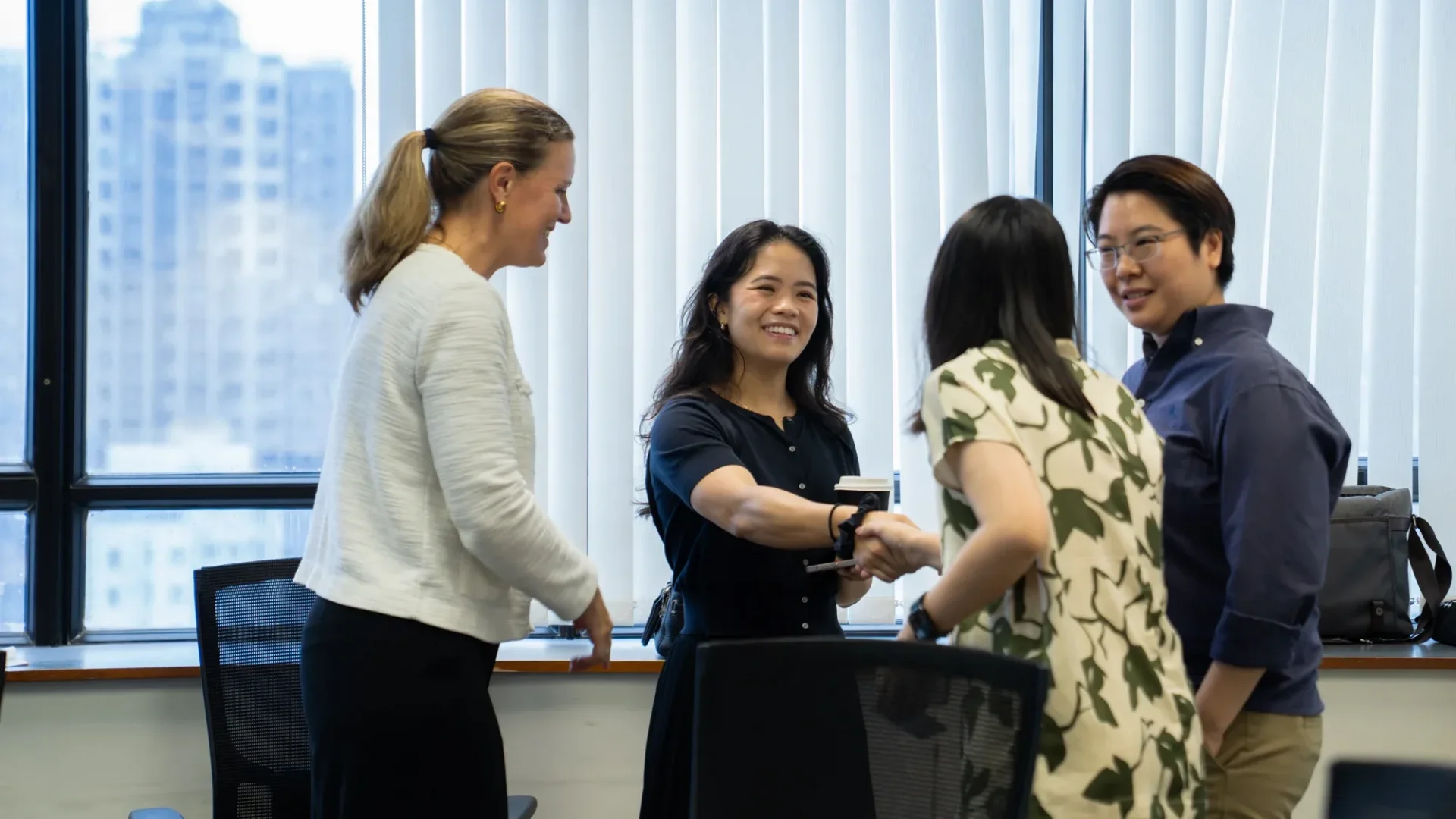
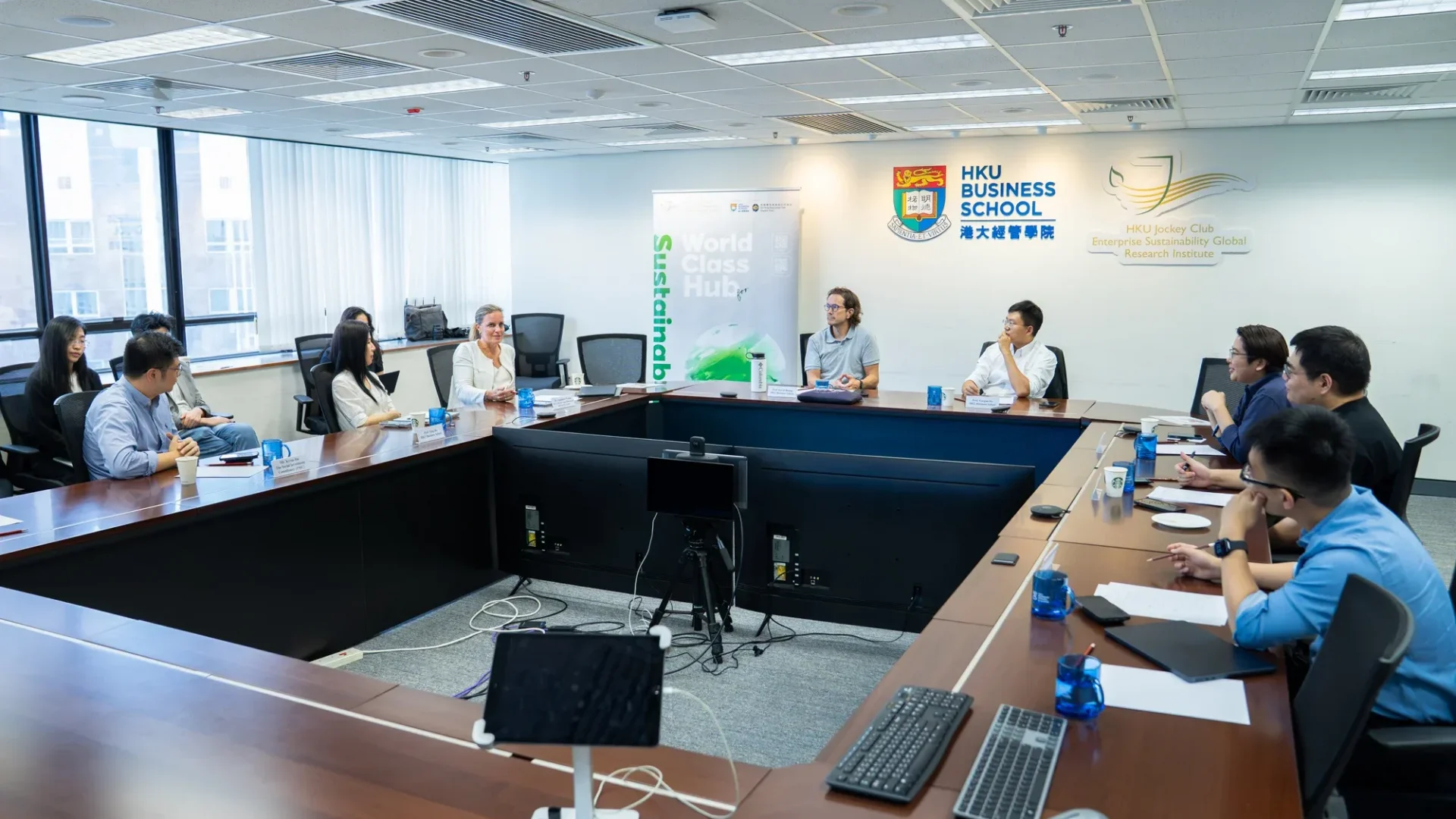
ISSUES ADDRESSED
- How can NGOs systematically strengthen transparency and accountability practices?
- How can organizations develop robust impact measurement frameworks using empirical data to demonstrate operational efficiency and social value?
- How might NGOs adapt governance models to ensure decision-making better reflects beneficiary needs?
- How can NGOs use digital tools to build data systems for more precise program delivery and impact measurement?
- How can NGOs cultivate diversified, sustainable funding streams to ensure long-term viability?
HIGHLIGHTS
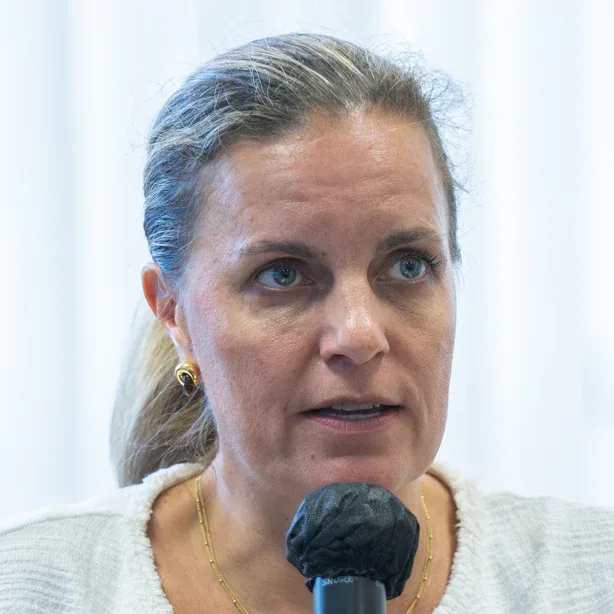
Dr. Annelotte WALSH
Director of Research at the Centre for Asian Philanthropy and Society (CAPS)
Dr. Walsh began by presenting findings from the CAPS biennial “Doing Good Index” report. The index, covering 17 Asian economies since its 2018 launch, provides multidimensional analysis of regional philanthropic ecosystems, including Hong Kong’s unique position and performance. She emphasized the non-profit sector’s urgent need to enhance financial transparency and adopt accountability standards comparable to commercial enterprises.
Regarding technological applications, Dr. Walsh examined both the potential and implementation challenges of AI and other innovations in addressing social issues, highlighting variations in technology adoption across organizations. She highlighted three key priorities: (1) enhancing due diligence practices, (2) establishing clear communication mechanisms for impact measurement, and (3) deepening industry-wide discussions on philanthropy’s evolving role.
Drawing from legal expertise and practical experience, Prof. Bishop identified common challenges facing NGOs: inadequate transparency, insufficient financial disclosure, the absence of government-maintained authoritative registration platforms, as well as issues with data-sharing mechanisms and impact measurement. He noted that some funders maintain conservative attitudes toward digital tools, while existing free solutions remain underutilized due to operational complexity or capacity gaps — highlighting the urgent need for technological capacity building.
Regarding randomized controlled trials (RCTs) as a potential solution, Prof. Bishop acknowledged their value while noting limitations in fully capturing the outcomes of social programs. He advocated for the enhanced transparency, integrated technological innovation and application, and the development of diversified evaluation methodologies, which are critical for improving operational effectiveness and credibility in the NGO sector.
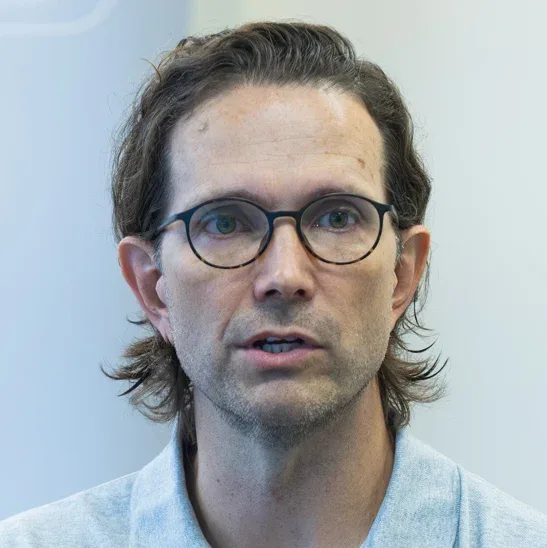
Prof. David BISHOP
Associate Professor of Teaching, HKU Business School
Associate Director, HKU Jockey Club Enterprise Sustainability Global Research Institute

Prof. Guojun HE
The Hong Kong Jockey Club Professor in Economics, HKU Business School
Director, HKU Jockey Club Enterprise Sustainability Global Research Institute
Prof. He elaborated on the Institute's systematic approach to enhancing sustainability in the philanthropic sector, emphasizing how structured training programs are driving standardization and sustainable development across the industry.
Specifically, Prof. He shared his research team’s findings on utilizing volunteer monitoring and RCTs to improve corporate environmental compliance, highlighting the practical value of transparency and accountability mechanisms. Addressing the real-world challenges Hong Kong NGOs face in transparent data collection, he proposed three key solutions:
• Implementing incentive-compatible information disclosure mechanisms
• Providing systematic RCT methodology training for NGOs
• Exploring innovative applications of AI technology to optimize operational efficiency
Dr. Lu shared insights drawn from both academic research and practical experience on guiding NGOs to adapt to ESG trends, while examining institutional logic and philanthropic scalability. He previously leveraged social media platforms to mobilize altruistic initiatives and promote greater financial transparency in NGO disclosures.
Dr. Lu emphasized the critical importance of public disclosure in non-profit trust and fund management, advocating for evidence-based approaches using RCTs to evaluate program effectiveness. Addressing data management challenges, he noted that improved practices can enhance operational and reporting quality — though not all organizations necessarily require complex systems implementation.

Dr. Ke LU
Lecturer, HKU Department of Social Work and Social Administration

Mr. Kyrus SIU
Director in Greater China region, The Social Investment Consultancy (TSIC)
Drawing from his professional background in grant due diligence, NGO board experience, and international collaborations, Mr. Siu emphasized the critical importance of clearly defining NGOs and establishing robust impact measurement frameworks. He observed that Hong Kong NGOs tend to prioritize stable revenue streams over public funding, which consequently reduces their incentives for information disclosure — particularly when transparency and reporting are most crucial for government-funded initiatives.
He noted that NGOs are commonly constrained by outdated systems and a lack of collaboration, which impedes resource and data sharing. He called on funders to allocate budgets for technology and system upgrades, while emphasizing how capacity building is critical for enhancing impact.
With her dual expertise in operations management and non-profit collaboration, Ms. Pow presented case studies of cost-saving partnerships among small and medium NGOs. She highlighted fundamental differences between NGOs and private sector entities in terms of goal-setting and organizational understanding. Ms. Pow enhances NGO governance frameworks through three key approaches: professional training programs, strategic advisory services, and resource integration. She emphasizes that transparency, well-defined objectives, and efficient resource utilization pose particular challenges amidst policy changes impacting funding allocation. She urges NGOs and funders to strengthen collaboration by: Concentrating efforts in areas where they can deliver maximum impact, Enhancing Disclosure Practices, and Optimizing Resource Allocation.

Ms. Stephanie POW
Program Director, Asian Charity Services (ACS)

Dr. Annelotte WALSH
Director of Research at the Centre for Asian Philanthropy and Society (CAPS)
Dr. Walsh began by presenting findings from the CAPS biennial “Doing Good Index” report. The index, covering 17 Asian economies since its 2018 launch, provides multidimensional analysis of regional philanthropic ecosystems, including Hong Kong’s unique position and performance. She emphasized the non-profit sector’s urgent need to enhance financial transparency and adopt accountability standards comparable to commercial enterprises.
Regarding technological applications, Dr. Walsh examined both the potential and implementation challenges of AI and other innovations in addressing social issues, highlighting variations in technology adoption across organizations. She highlighted three key priorities: (1) enhancing due diligence practices, (2) establishing clear communication mechanisms for impact measurement, and (3) deepening industry-wide discussions on philanthropy’s evolving role.

Prof. David BISHOP
Associate Professor of Teaching, HKU Business School
Associate Director, HKU Jockey Club Enterprise Sustainability Global Research Institute
Drawing from legal expertise and practical experience, Prof. Bishop identified common challenges facing NGOs: inadequate transparency, insufficient financial disclosure, the absence of government-maintained authoritative registration platforms, as well as issues with data-sharing mechanisms and impact measurement. He noted that some funders maintain conservative attitudes toward digital tools, while existing free solutions remain underutilized due to operational complexity or capacity gaps — highlighting the urgent need for technological capacity building. Regarding randomized controlled trials (RCTs) as a potential solution, Prof. Bishop acknowledged their value while noting limitations in fully capturing the outcomes of social programs. He advocated for the enhanced transparency, integrated technological innovation and application, and the development of diversified evaluation methodologies, which are critical for improving operational effectiveness and credibility in the NGO sector.

Prof. Guojun HE
The Hong Kong Jockey Club Professor in Economics, HKU Business School
Director, HKU Jockey Club Enterprise Sustainability Global Research Institute
Prof. He elaborated on the Institute's systematic approach to enhancing sustainability in the philanthropic sector, emphasizing how structured training programs are driving standardization and sustainable development across the industry. Specifically, Prof. He shared his research team’s findings on utilizing volunteer monitoring and RCTs to improve corporate environmental compliance, highlighting the practical value of transparency and accountability mechanisms. Addressing the real-world challenges Hong Kong NGOs face in transparent data collection, he proposed three key solutions:
- Implementing incentive-compatible information disclosure mechanisms
- Providing systematic RCT methodology training for NGOs
- Exploring innovative applications of AI technology to optimize operational efficiency

Dr. Ke LU
Lecturer, HKU Department of Social Work and Social Administration
Dr. Lu shared insights drawn from both academic research and practical experience on guiding NGOs to adapt to ESG trends, while examining institutional logic and philanthropic scalability. He previously leveraged social media platforms to mobilize altruistic initiatives and promote greater financial transparency in NGO disclosures.
Dr. Lu emphasized the critical importance of public disclosure in non-profit trust and fund management, advocating for evidence-based approaches using RCTs to evaluate program effectiveness. Addressing data management challenges, he noted that improved practices can enhance operational and reporting quality — though not all organizations necessarily require complex systems implementation.

Mr. Kyrus SIU
Director in Greater China region, The Social Investment Consultancy (TSIC)
Drawing from his professional background in grant due diligence, NGO board experience, and international collaborations, Mr. Siu emphasized the critical importance of clearly defining NGOs and establishing robust impact measurement frameworks. He observed that Hong Kong NGOs tend to prioritize stable revenue streams over public funding, which consequently reduces their incentives for information disclosure — particularly when transparency and reporting are most crucial for government-funded initiatives.
He noted that NGOs are commonly constrained by outdated systems and a lack of collaboration, which impedes resource and data sharing. He called on funders to allocate budgets for technology and system upgrades, while emphasizing how capacity building is critical for enhancing impact.

Ms. Stephanie POW
Program Director, Asian Charity Services (ACS)
With her dual expertise in operations management and non-profit collaboration, Ms. Pow presented case studies of cost-saving partnerships among small and medium NGOs. She highlighted fundamental differences between NGOs and private sector entities in terms of goal-setting and organizational understanding. Ms. Pow enhances NGO governance frameworks through three key approaches: professional training programs, strategic advisory services, and resource integration. She emphasizes that transparency, well-defined objectives, and efficient resource utilization pose particular challenges amidst policy changes impacting funding allocation. She urges NGOs and funders to strengthen collaboration by: Concentrating efforts in areas where they can deliver maximum impact, Enhancing Disclosure Practices, and Optimizing Resource Allocation.
KEY TAKEAWAYS
The in-depth discussions yielded several actionable insights for advancing Hong Kong’s philanthropic sector toward sustainable development:
Evidence-Based Program Evaluation
Adopting scientific methods like randomized controlled trials (RCTs) enhances assessment objectivity and credibility, creating a robust evidence base for strategic decision-making.
Cross-Sector Collaboration Framework
Establishing stable, complementary partnerships with universities, research institutions, and government bodies fosters knowledge sharing and resource synergy.
Innovative Funding Model
New financing approaches should balance operational flexibility with long-term stability, mitigating over-reliance on single funding sources.
Technology-Enabled Impact Monitoring
AI and digital tools can improve impact measurement precision and timeliness, while strengthening program optimization and stakeholder communication.
Organizational Capacity Building
Systematic improvements in leadership, technical competencies, and management systems form the foundation for resilience and sustained social impact.
CLOSING REMARKS
The closed-door meeting not only facilitated the exchange of practical experiences but also revealed deeper systemic challenges facing the sector. It exposed fundamental issues such as misaligned incentive mechanisms – NGOs relying on private donations lack sufficient motivation for comprehensive disclosure, while outdated IT systems coupled with funders’ persistent neglect of “administrative costs” have exacerbated data fragmentation and created collaboration barriers. These discussions have prompted more fundamental reflections. We firmly believe these open questions that emerged through our rigorous dialogue represent new starting points for driving a more meaningful industry transformation in the future.